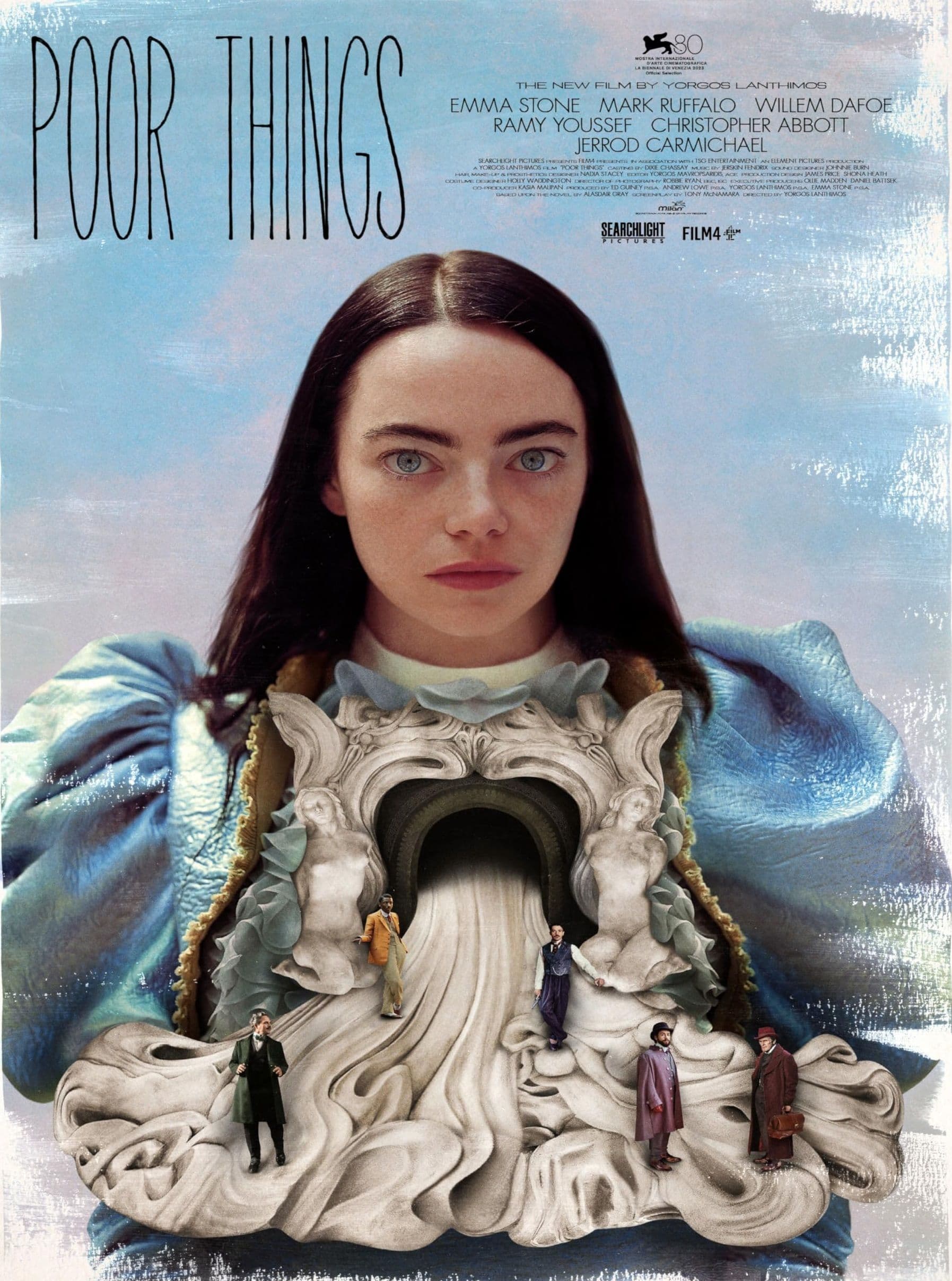
Poor Things
2023
Rate this movie
Average: 5.00 / 5
(2 votes)
Director
Poor Things is a brilliant collation. A film gloriously assembled from pieces of Victorian Gothic, black comedy, feminist coming-of-age novel, and steampunk science fiction. It is an exuberant, brazen, intellectually dazzling, and visually sumptuous work that confirms its director, Yorgos Lanthimos, no longer as a mere exponent of the Greek Weird Wave, but as an established master of the bizarre, a precision surgeon operating on the absurdities of human society. It is a tale of liberation, a cinemascope Grand Tour of the soul that leaves you stunned, amused, and deeply disturbed. A work that enters the Movie Canon with the same awkward and unstoppable grace with which its protagonist learns to walk.
The film's aesthetic is a triumph of lysergic neo-baroque. Lanthimos, together with his brilliant production designers (Zsuzsa Mihalek, Shona Heath, and James Price), creates a world that is both familiar and totally alien. The obsessive use of fish-eye and wide-angle lenses is not a gimmick, but a philosophical choice: it distorts space, curves it, transforming even the most sumptuous interiors into gilded prisons or disturbing dollhouses. The transition from the gothic black and white of the first part, which pays homage to Universal monster movies, to an almost toxic, hyper-saturated color palette marks the protagonist's discovery of the world. It is an aesthetic that owes something to the maximalism of directors such as Terry Gilliam in Brazil or Jean-Pierre Jeunet in The City of Lost Children, but where the latter indulged in a fairy-tale melancholy, Lanthimos pushes the pedal of the grotesque and the comic. His world is populated by bulb-shaped carriages and chimeric animals, geese with bulldog heads, goats with duck bodies, products of the experiments of Bella's creator, which serve as the perfect objective correlative for the assembled and unnatural nature of the protagonist herself.
The plot of Poor Things is a brilliant and subversive sleight of hand with some of the greatest myths of Western culture. It is a hybrid built on three pillars, which Lanthimos enjoys dismantling and reassembling in a completely new way.
Frankenstein: The premise is that of Mary Shelley's masterpiece. Bella Baxter (a monumental and fearless performance by Emma Stone) is the “Creature,” brought back to life by her creator, Dr. Godwin “God” Baxter (a magnificently disfigured and pained Willem Dafoe). But Lanthimos completely reverses the paradigm. Unlike Frankenstein's monster, tragically rejected by the world, Bella is a source of joy and unstoppable curiosity. She is not a warning against the arrogance of science, but a celebration of life in all its forms. She is the monster who, instead of bringing destruction, brings a radical form of liberation.
My Fair Lady: When Bella runs away with the libertine lawyer Duncan Wedderburn (a histrionic and hilarious Mark Ruffalo), the film turns into a parody of the Pygmalion myth. Wedderburn, like Henry Higgins, believes he can take this “primitive” woman and mold her, that he can use her as an exotic toy. But the project backfires spectacularly. It is Bella who, with her relentless logic and total lack of shame, deconstructs him, reducing him from a sophisticated dandy to a wreck of jealousy and frustration. It is the student who drives the teacher mad.
Rousseau's ‘noble savage’: Bella is the perfect embodiment of the ‘noble savage’ set loose in a corrupt and hypocritical civilization. Her journey through a fantastical Lisbon, Alexandria, and Paris is an investigation into human nature. Being free of all social conditioning, she exposes the absurdity of our rules: private property, jealousy, “good manners” as a form of lying, modesty. Her discovery of sexuality is not an act of transgression, but a form of knowledge, a joyful and unfiltered exploration that short-circuits the repressive morality of Victorian society.
This celebration of individual freedom marks a fundamental evolution in Lanthimos's metaphysics of the surreal. If his previous films, masterpieces of the Greek Weird Wave, were stories of oppressive systems that crushed the individual (the prison-like family in Dogtooth, the totalitarian society in The Lobster, the inescapable fate of Greek tragedy in The Killing of a Sacred Deer), Poor Things is his first true hymn to self-determination. Bella Baxter is the first Lanthimos protagonist who not only survives the system but defeats it, bends it to her will and, in the end, rebuilds it in her own image. It is his most optimistic film, albeit tinged with pitch-black humor.
This ambition is reflected in the magnificence of the staging, which expands and takes to a higher level the work already done with The Favourite. That film was a dress rehearsal: the use of fish-eye lenses to distort the corridors of power, the anachronistic dialogue, the exposure of power dynamics in a closed environment. Povere Creature! takes that grammar and uses it to construct not a palace, but an entire world. The direction is freer, more opulent, a feast for the eyes that never renounces the intelligence of its author.
Finally, Lanthimos performs a fascinating operation on language, reversing his tendency toward semantic collapse. In his previous films, the characters often speak in a flat, de-emotionalized way, creating an alienating gap between words and their meaning. Here, we witness the opposite process. Bella embarks on a journey of semantic acquisition. She starts with guttural sounds and ends up mastering a complex and precise philosophical language. It is her linguistic evolution that marks the stages of her intellectual liberation. The alienation is no longer in her language, but in that of others, who use polite words to mask cruel thoughts. Bella, on the contrary, uses language with a brutal and honest literalness that reveals the hypocrisy of the world. Her “heroine's journey” is, ultimately, the conquest of speech, the ultimate tool for defining herself and rewriting her own destiny. For its joyfully iconoclastic spirit, its fierce intelligence, and its breathtaking visual beauty, Poor Things is not only one of the best films of recent years, it is an instant classic, a work that celebrates freedom in such an original and powerful way that, after seeing it, the world seems a little stranger and a little more beautiful.
Gallery





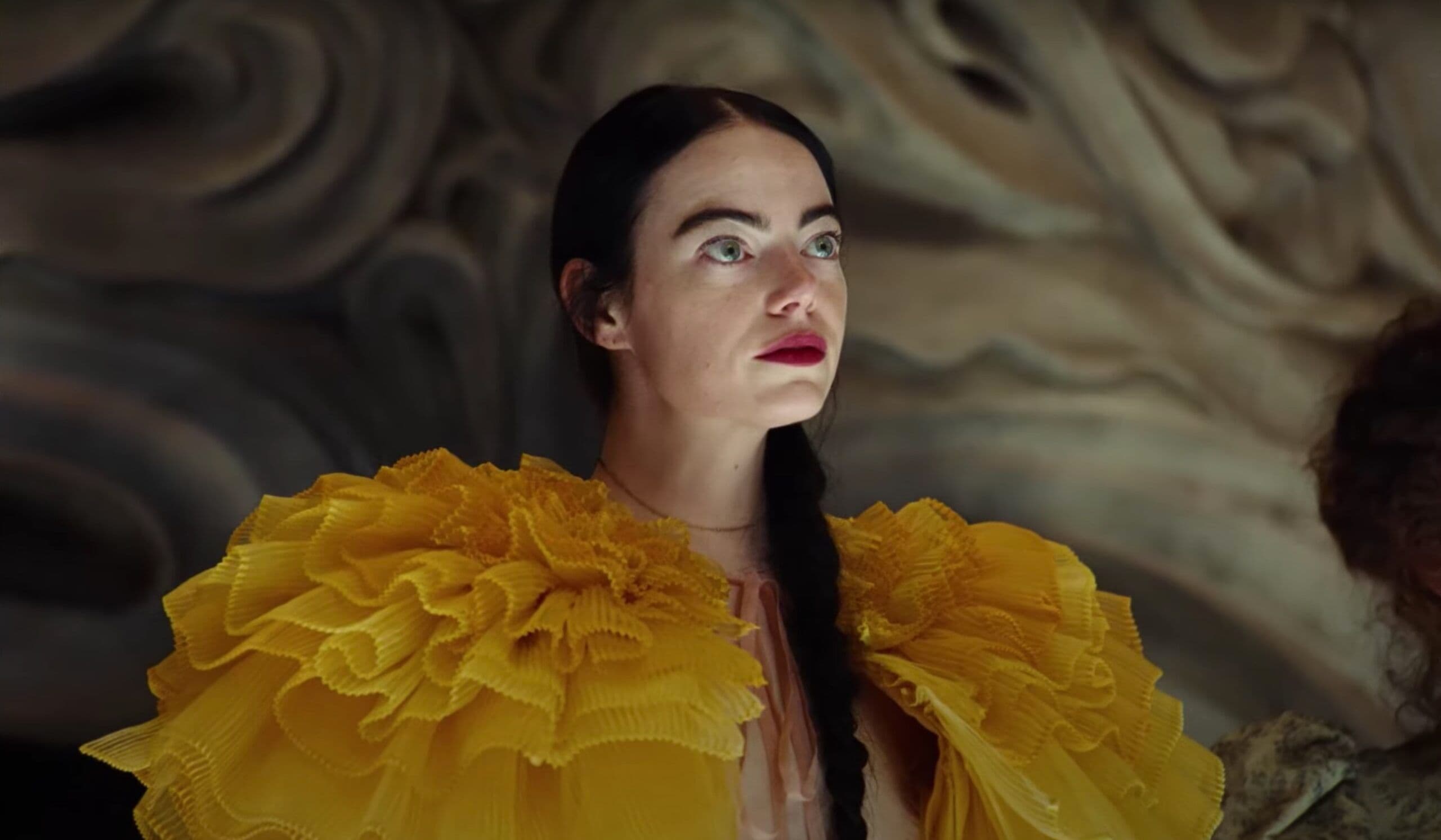
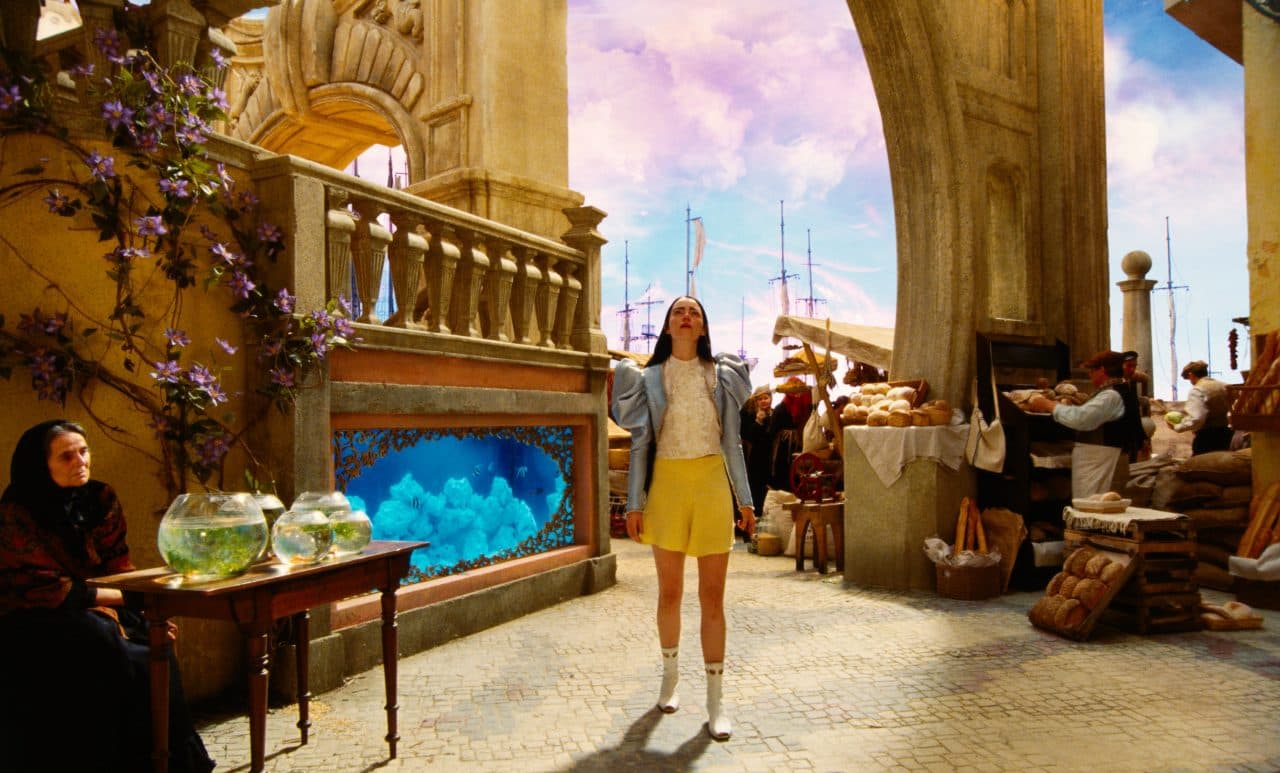
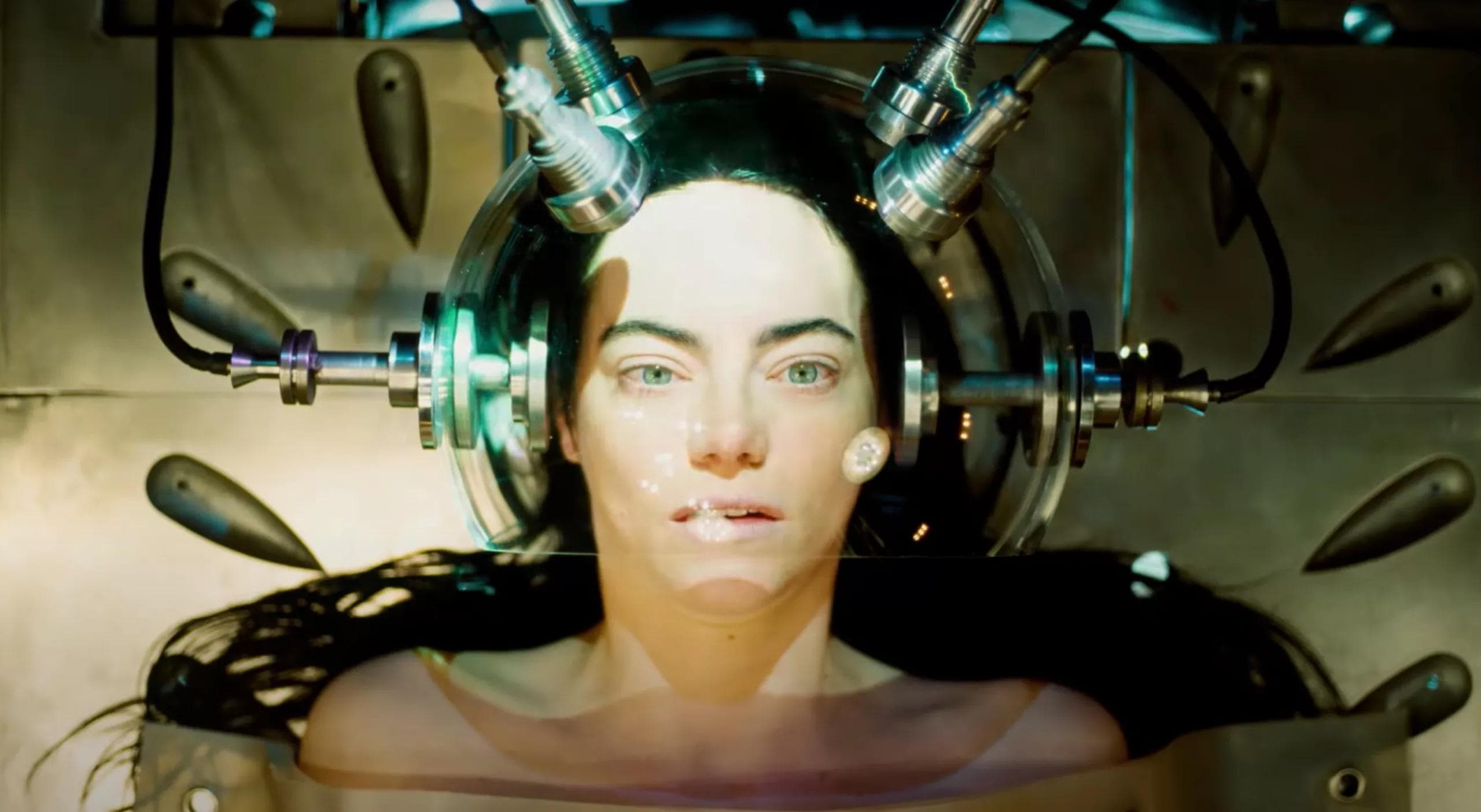


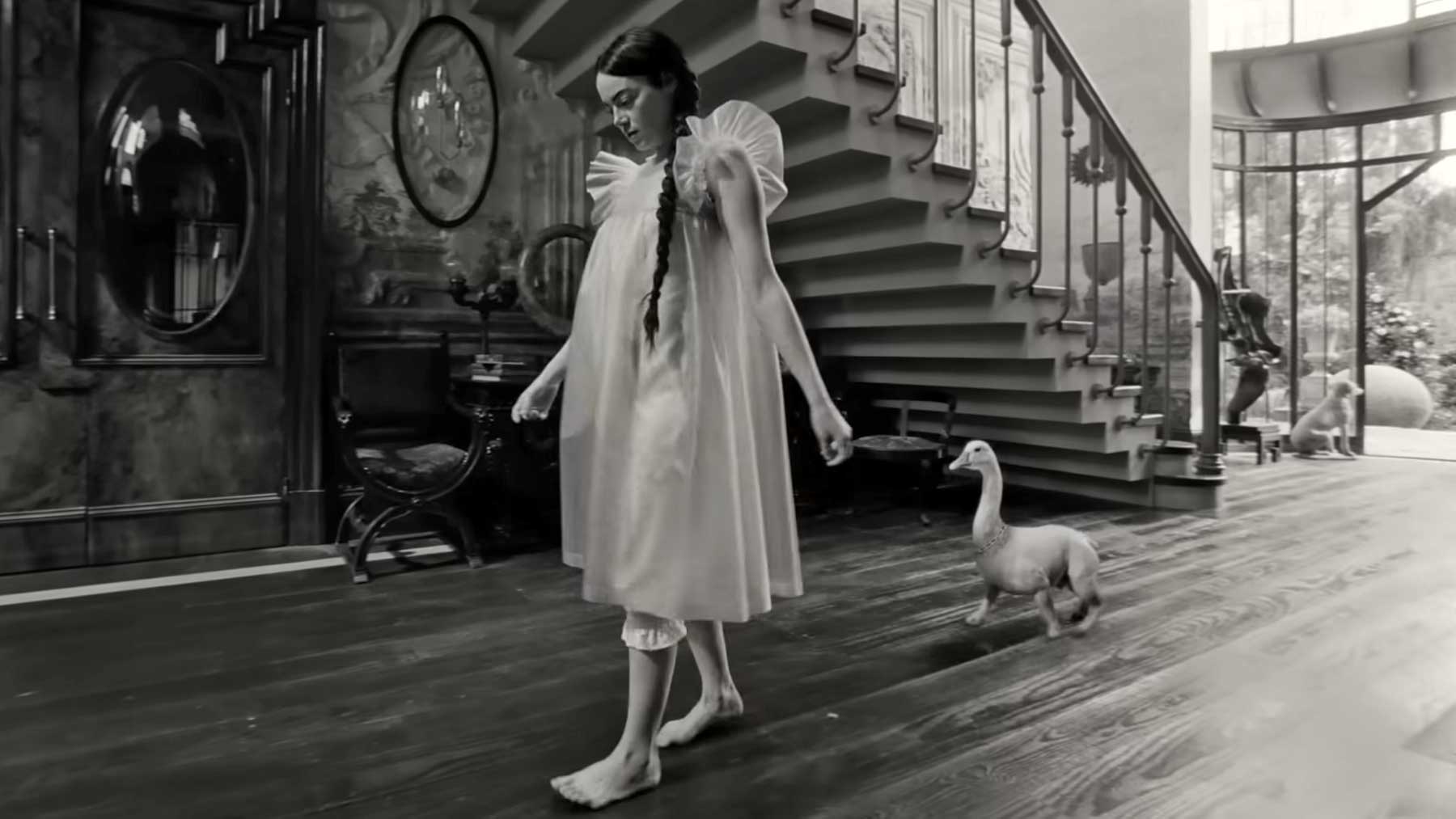
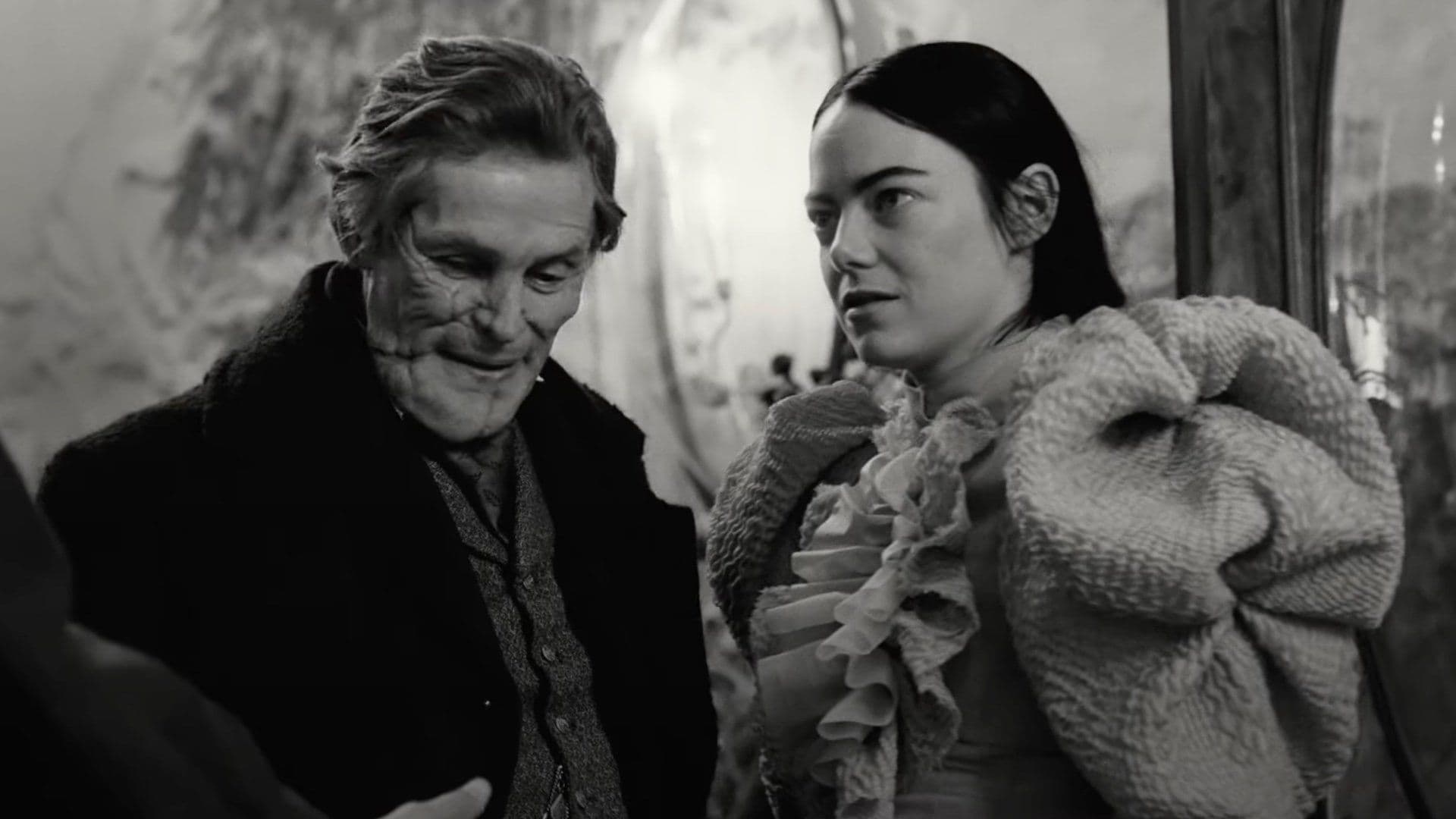




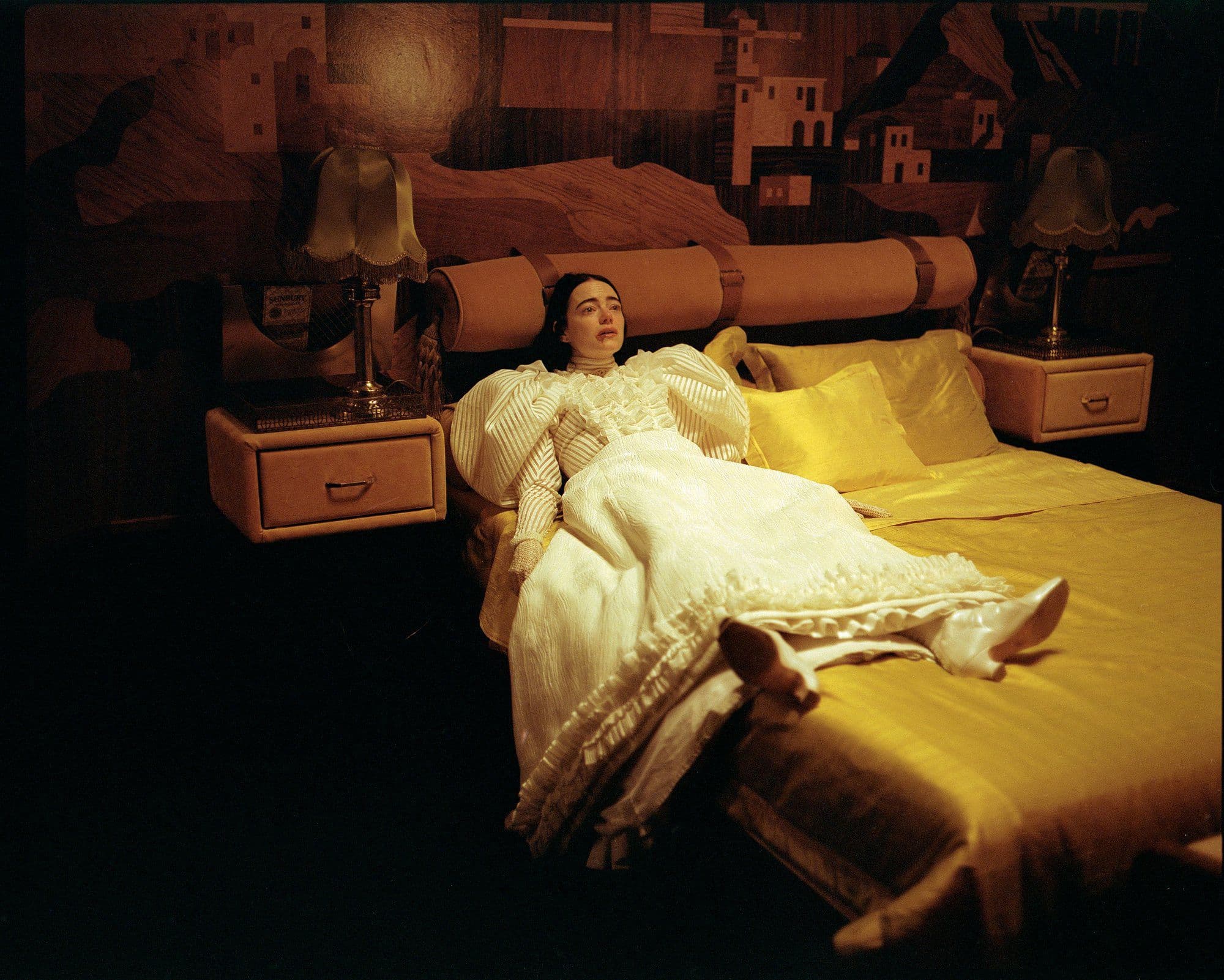

Featured Videos
Trailer
Comments
Loading comments...